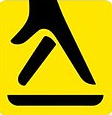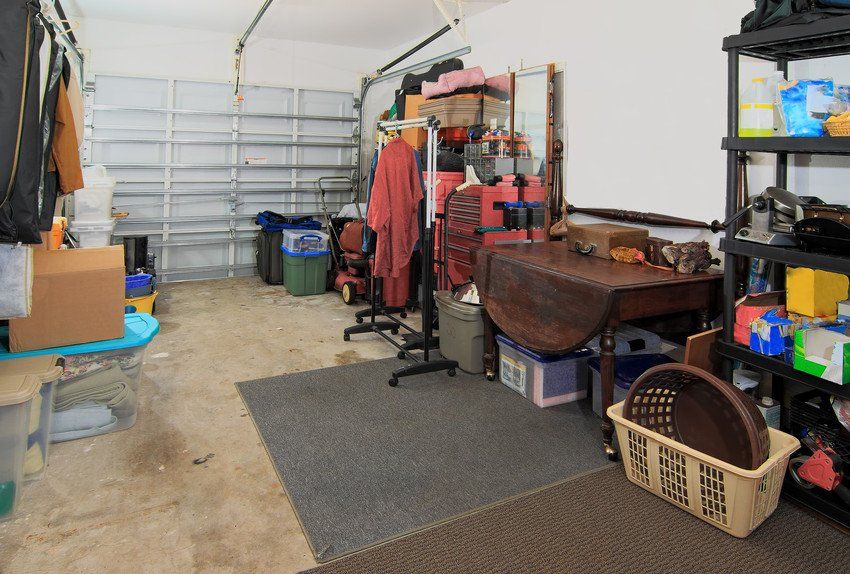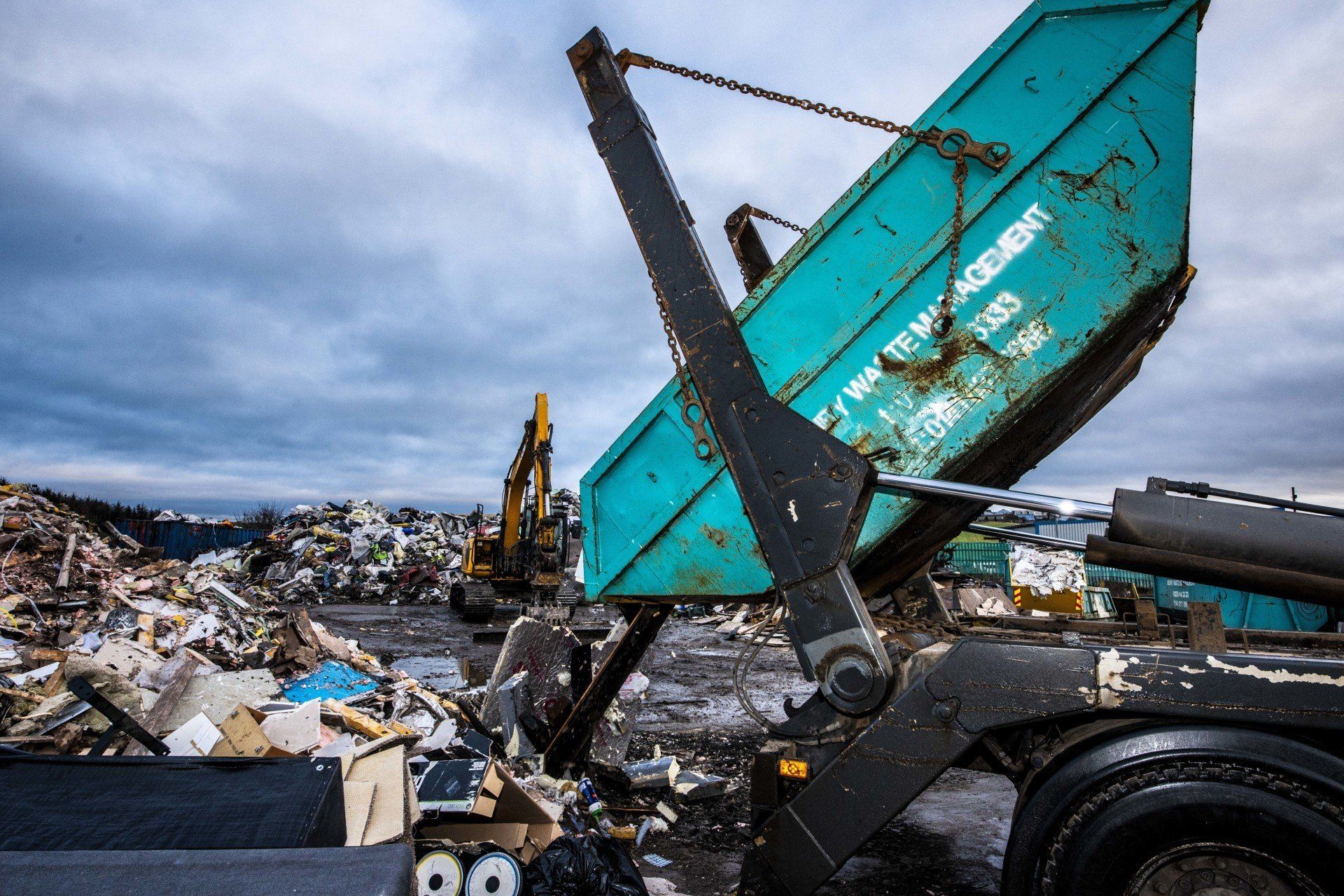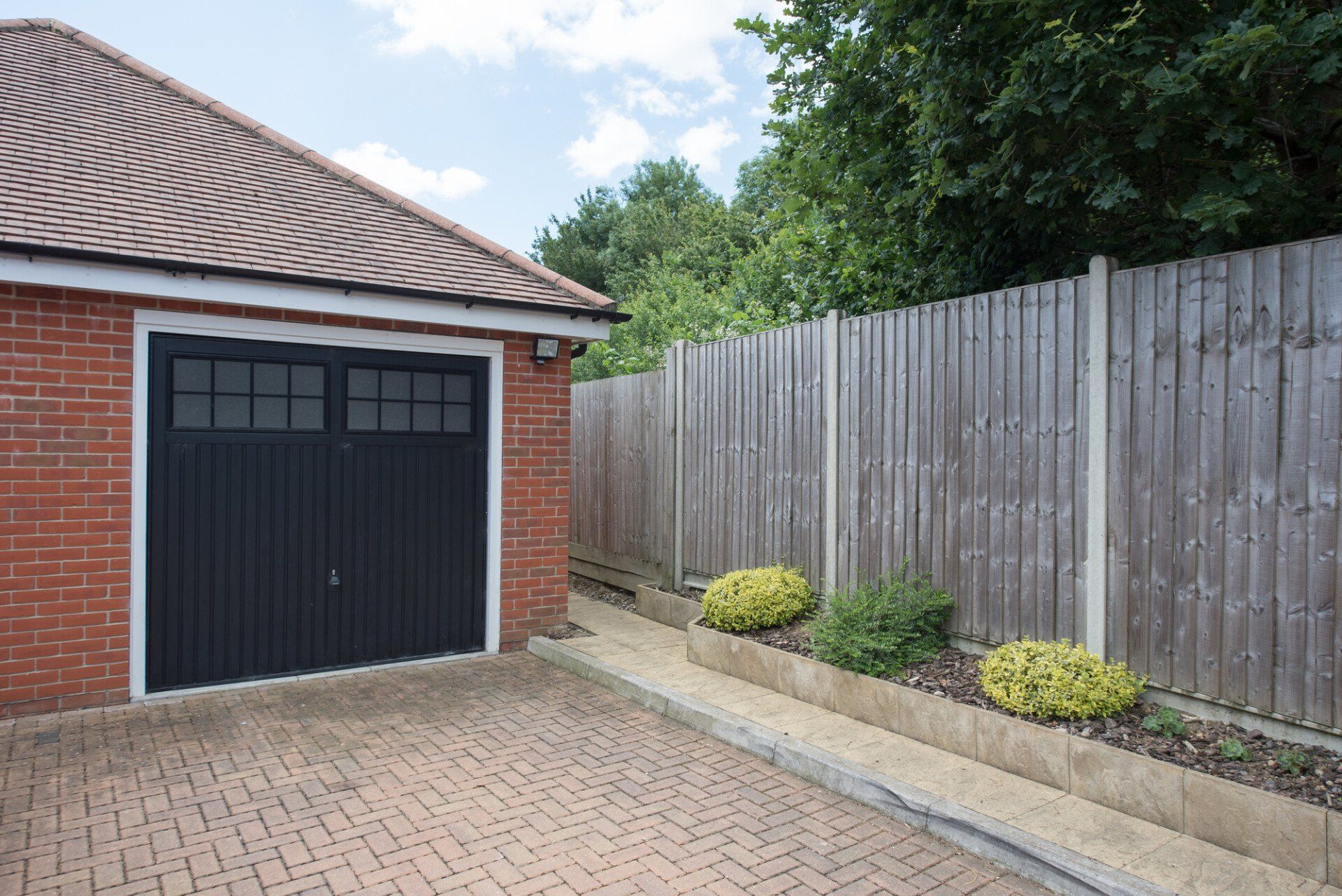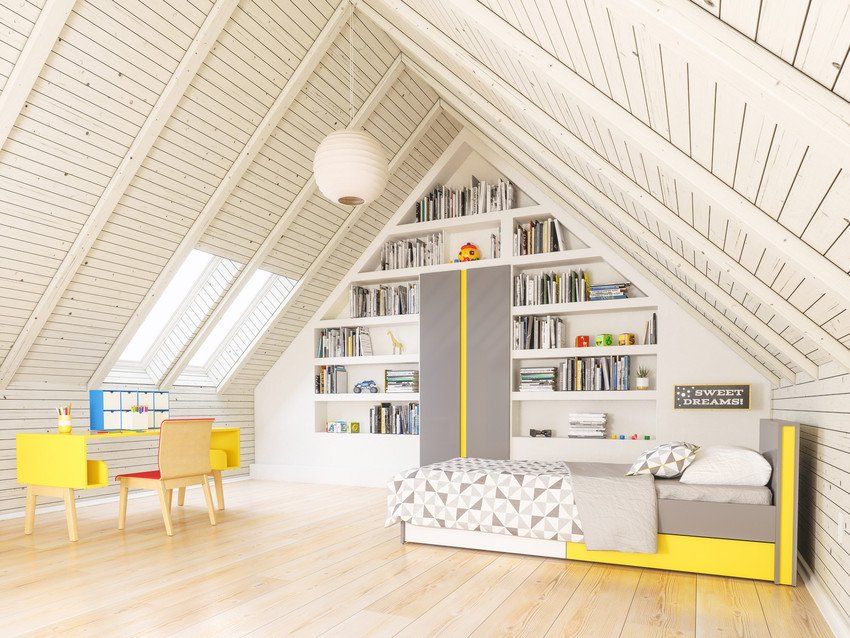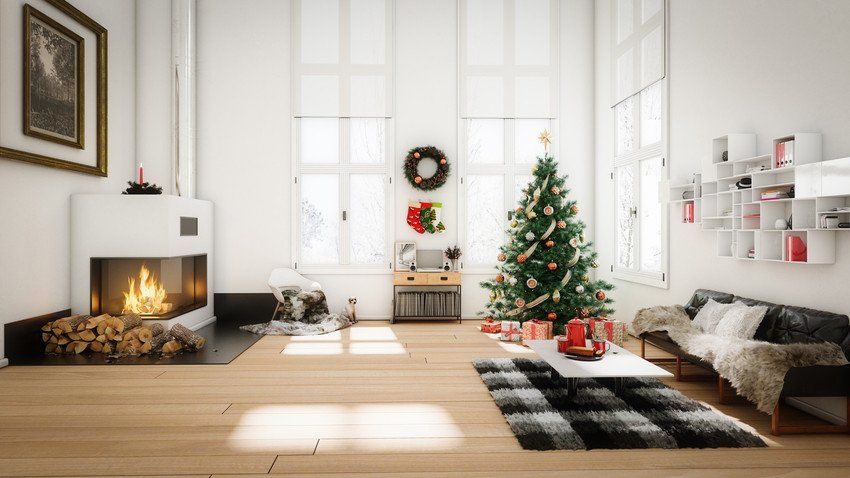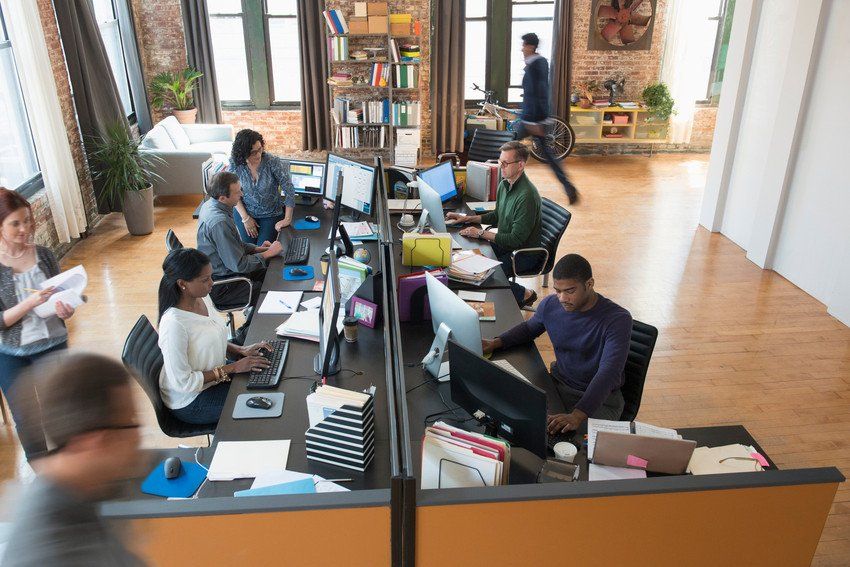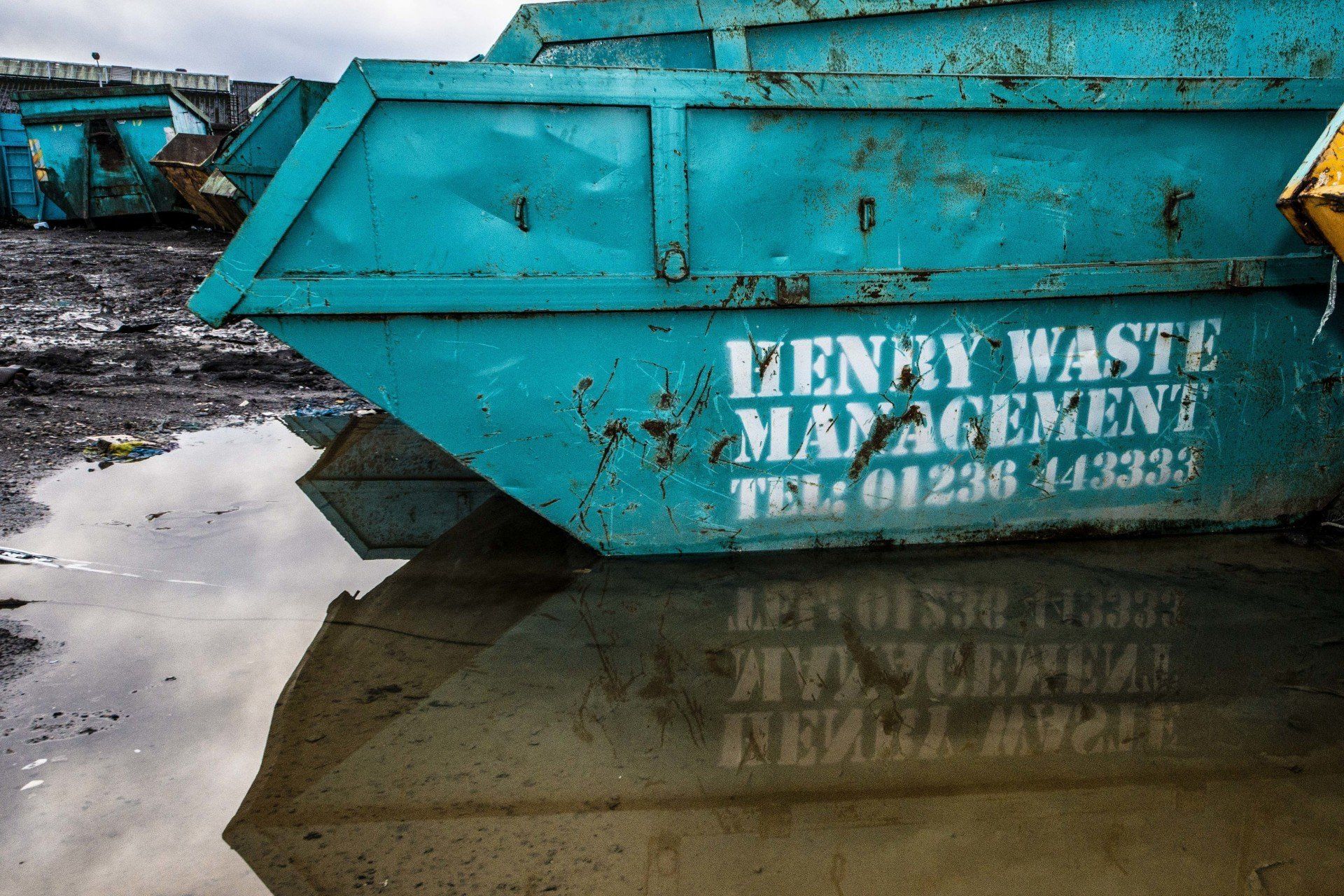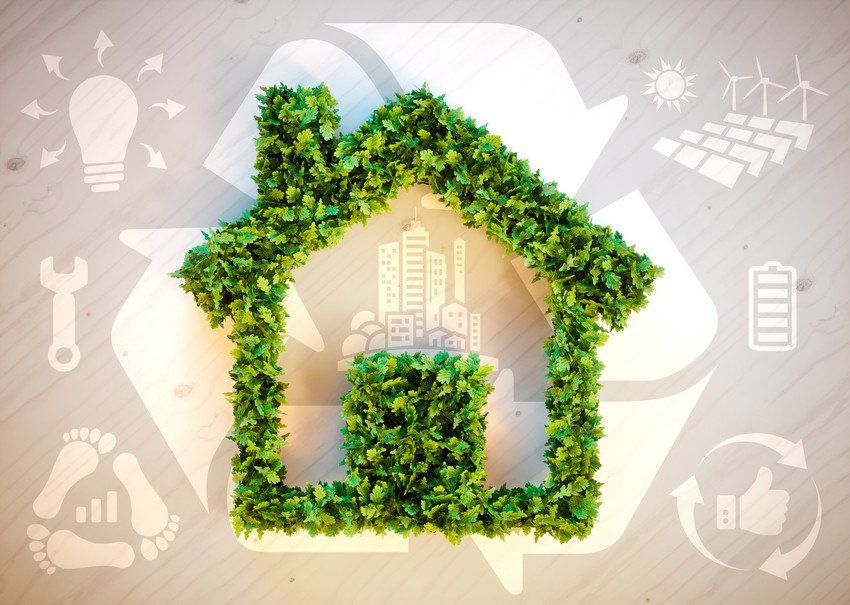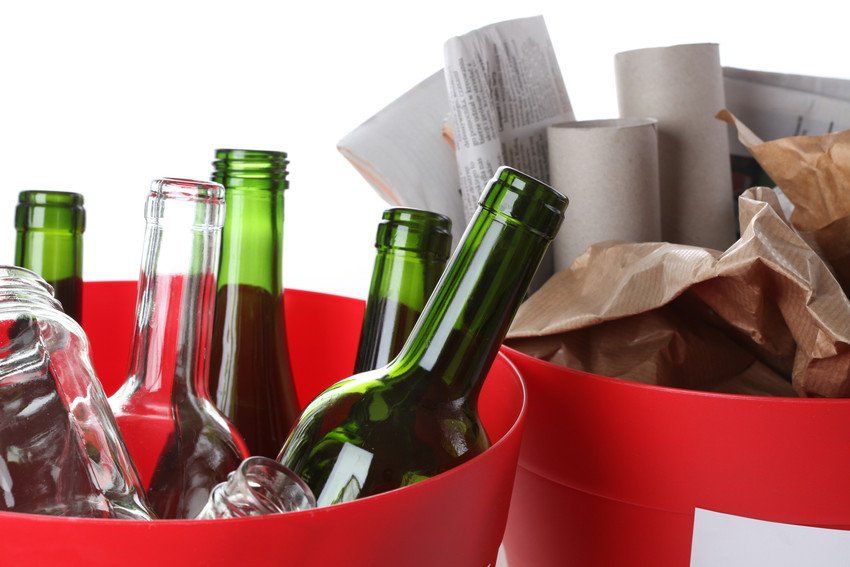A Brief Guide To Composting At Home
Beneficial in almost all gardens, composting is a responsible way of breaking down your garden and food waste at home, reducing the levels of waste sent to landfills, and helping to protect the environment. In this post, we provide a brief guide to composting:
Why Should I Compost?
As suggested, composting helps to protect the environment. When organic materials such as garden or food waste break down in landfill, the dangerous greenhouse gas methane is produced which, in turn, contributes to the climate crisis. With composting, some of this organic material can be safely broken down at home, transforming your waste into fresh fertiliser for your garden.
What Can I Compost?
You’ll be amazed at just how much waste you can put into a compost bin. From your usual mixed vegetation to eggshells, teabags and even grass cuttings, your compost bin will be able to handle most waste types. In order to make the most of your compost, you should aim for a 50/50 split between ‘green’ and ‘brown’ materials.
Green Materials
Typically, green materials contain high levels of nitrogen, meaning they often break down quickly and keep the compost nice and moist. Green materials often include:
● Cut Flowers
● Vegetable/Fruit peelings
● Garden and House Plants
● Grass Cuttings or Leaves
● Teabags or Coffee Grounds
● Weeds
Brown Materials
In contrast to the nitrogen found in most green materials, brown materials contain high traces of carbon, breaking down much slower than green materials, adding structure and strength to your compost. Brown materials are also better for creating air pockets which are vital for the air circulation in your compost bin. Brown materials include:
● Paper Items (i.e, Cardboard, Egg Boxes, Toilet Roll Tubes or Shredded Letters)
● Straw and Hay
● Eggshells
● Wood Trimmings (i.e Rose Hedges)
What Can't I Compost?
It’s essential that you’re only composting appropriate materials. Most waste should either be recycled or thrown in the household bin as it will not break down in your compost. If incorrectly composted, some food wastes will create an odour that may attract unwanted pests, whilst certain garden wastes can slow down the decomposition process, ruining your compost. Below are some of the key materials to avoid putting in your compost:
● Cooked Food
● Raw Meat and Fish (Including Bones)
● Dairy Products
● Bread and Bakery Products
● Diseased Plants
● Coal or Coke Ash
● Cat or Dog waste
● Nappies, Glass, Plastic, or Metal
Following this guide will help you create great compost at home, helping to benefit the environment, break down waste responsibly and reduce your impact on the climate.
Want to get rid of all that garden waste? Look no further and call Henry Waste, Skip Hire and House Clearances. We offer
garden clearance and waste disposal services covering everything from garden soil and green waste management to clearing out the junk from that shed. We help homeowners across Coatbridge as well as in Hamilton, Motherwell and Airdrie. Contact us for more information.
